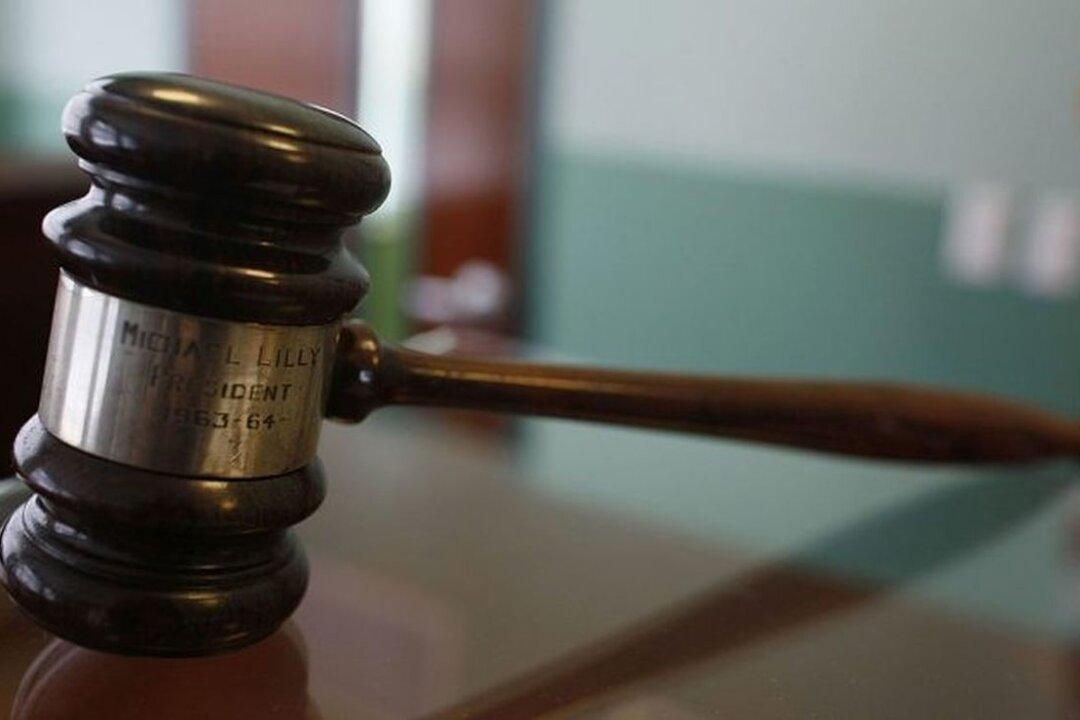University of Iowa administrators can be held personally accountable for denying official recognition to a Christian students group because of its faith-based leadership policy, the Eighth U.S. Circuit Court of Appeals ruled Monday.
A panel of three circuit judges ruled in favor of Business Leaders in Christ (BLinC), holding that the university officials do not enjoy qualified immunity—a legal shield protecting public officials from individual liability unless they violate a “clearly established” constitutional right—because they violated at least the student group’s First Amendment rights to freedom of speech and association.





